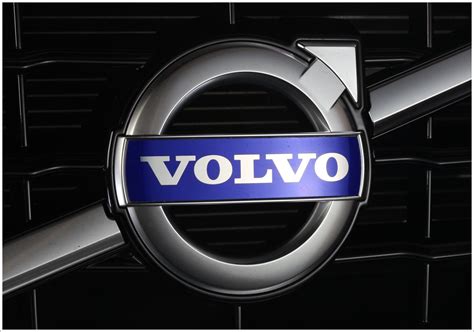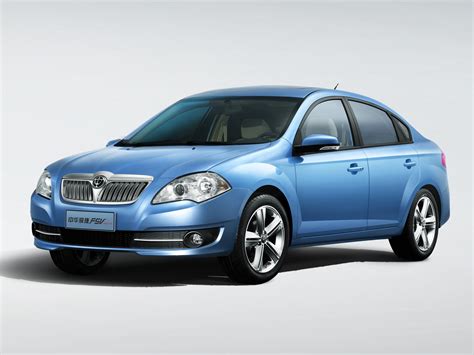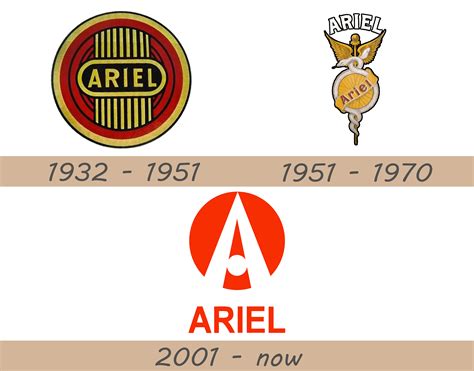Explore the early years, innovations, global expansion, safety impact, and design evolution of Volvo. Discover the legacy of this automotive giant.
Early Years of Volvo
Contents
Volvo Car Company was founded in 1927 in Gothenburg, Sweden by Assar Gabrielsson and Gustaf Larson. The company’s initial focus was on producing high-quality, safe vehicles that could withstand the harsh Scandinavian climate. In the early years, Volvo built a reputation for sturdy, reliable cars that were well-suited to the region’s rugged terrain and extreme weather conditions.
One of Volvo’s first major successes came in 1927 with the introduction of the Volvo ÖV 4, also known as Jakob. This car quickly became popular in Sweden and helped establish Volvo as a reputable automobile manufacturer in the country.
In the years that followed, Volvo continued to expand its product line, introducing new models and improving its existing vehicles. The company’s commitment to safety and durability set it apart from other carmakers of the time, and Volvo soon gained a loyal following both in Sweden and abroad.
By the 1940s, Volvo had firmly established itself as a major player in the global automotive industry, with exports to numerous countries and a growing reputation for engineering excellence. The company’s early years set the stage for its future success and positioned it as a leader in automotive innovation and safety.
Innovations and Technologies
Volvo Car Company has always been at the forefront of innovations and technologies in the automotive industry. From its early years, the company has been committed to pushing the boundaries of what is possible in car design and engineering.
One of the most notable innovations introduced by Volvo is the three-point safety belt, which was patented by the company in 1959. This life-saving invention has since been widely adopted across the industry and has undoubtedly saved countless lives. Volvo’s commitment to automotive safety has continued to be a driving force behind their innovations and technologies.
Another area where Volvo has been a pioneer is in the development of environmentally-friendly technologies for its vehicles. The company has been a leader in the production of hybrid and electric cars, demonstrating its commitment to sustainability and reducing its environmental impact.
Volvo has also been at the forefront of autonomous driving technologies, with the introduction of its Pilot Assist feature in 2014. This system allows the vehicle to assist with steering, acceleration, and braking on well-marked roads up to certain speeds, showcasing Volvo’s dedication to improving driver safety through technological advancements.
Overall, Volvo Car Company’s commitment to innovations and technologies has cemented its position as a leading player in the automotive industry, and its continued dedication to pushing the boundaries in these areas will undoubtedly shape the future of car design and engineering.
Expansion into Global Markets
In the mid-20th century, Volvo Car Company began its expansion into global markets as the demand for automobiles grew around the world. This expansion was driven by Volvo’s commitment to safety and quality, which resonated with consumers worldwide. Volvo’s focus on building durable and reliable vehicles made a significant impact as the company started to export its cars to various countries.
As Volvo’s reputation for safety and innovation grew, the company saw an opportunity to enter new markets in Europe, North America, and Asia. The Swedish automaker established regional offices and manufacturing facilities to meet the growing demand for its vehicles. By the 1970s, Volvo had made a strong presence in the global automotive market, solidifying its position as a leading luxury car brand.
Volvo’s expansion into global markets was not without its challenges. The company had to adapt to different regulations, consumer preferences, and business practices in each new market. However, Volvo’s strong emphasis on safety and environmental sustainability resonated with consumers around the world, helping the company establish itself as a trusted and respected brand.
Today, Volvo continues to expand its global footprint, with a focus on innovation and sustainability. The company’s commitment to safety and quality remains at the core of its expansion strategy, driving its success in a competitive global market.
Volvo’s Impact on Automotive Safety
Volvo’s dedication to automotive safety has been a cornerstone of the company’s innovations and reputation since its early years. From developing the first three-point seatbelt to introducing groundbreaking safety technologies, Volvo has consistently prioritized the well-being of drivers, passengers, and pedestrians.
One of the most significant contributions to automotive safety was the invention of the three-point seatbelt in 1959 by Nils Bohlin, an engineer at Volvo. This invention was a game-changer and is estimated to have saved millions of lives since its introduction. Volvo made the patented seatbelt design available to other car manufacturers to maximize its impact on safety worldwide.
In addition to seatbelt innovation, Volvo has continued to lead the automotive industry with advanced safety technologies such as the introduction of side impact protection, whiplash protection, and pedestrian detection systems. These technological advancements have paved the way for higher standards of safety across the entire automotive sector.
The company’s unwavering commitment to automotive safety has not only influenced the way vehicles are manufactured, but also set a benchmark for safety standards in the industry. By prioritizing safety, Volvo has helped shape a future where vehicle safety is paramount, helping to save countless lives and prevent injuries on the road.
Evolution of Volvo’s Design Philosophy
When it comes to the evolution of Volvo’s design philosophy, it’s important to look at how the company’s approach to design has changed over the years. In the early years, Volvo cars were known for their simple and functional designs, focusing more on practicality than aesthetics. However, as the automotive industry evolved, so did Volvo’s approach to design, with a shift towards more modern and sleek designs that still prioritized safety and functionality.
One of the key aspects of Volvo’s design philosophy is their commitment to innovation and technology. The company has consistently been at the forefront of developing new safety features and technologies, and this commitment is reflected in their design philosophy. From the introduction of the three-point seatbelt to the implementation of advanced driver assistance systems, Volvo has always prioritized safety and innovation in their design process.
As Volvo expanded into global markets, their design philosophy also evolved to incorporate a more diverse range of influences. This shift towards a more globalized design philosophy allowed Volvo to create cars that appealed to a wider range of customers, while still maintaining their core values of safety, functionality, and innovation.
The impact of Volvo’s design philosophy on the automotive industry cannot be understated. The company’s commitment to safety and innovation has not only influenced their own designs, but has also set a benchmark for the entire industry. From introducing new safety features to pushing the boundaries of automotive design, Volvo has left a lasting impact on the automotive industry as a whole.












